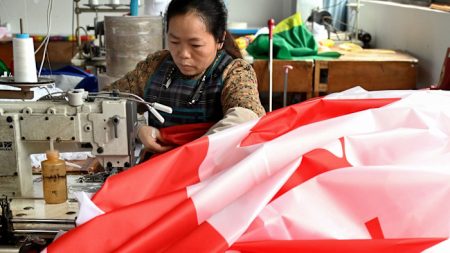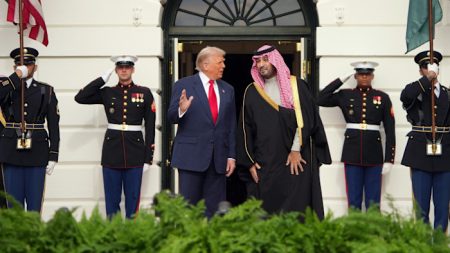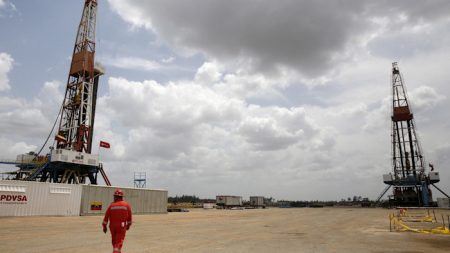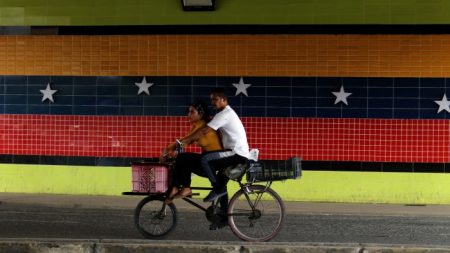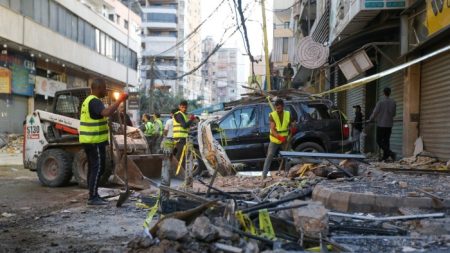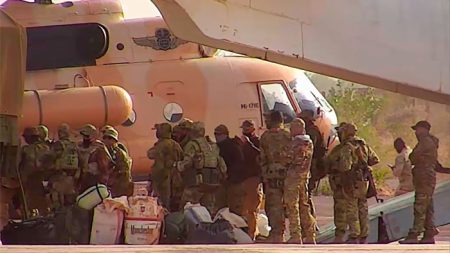Unlock the Editor’s Digest for free
Roula Khalaf, Editor of the FT, selects her favourite stories in this weekly newsletter.
Israel has launched a “limited” ground operation in southern Lebanon, its military said in the early hours of Tuesday morning, in the latest stage of an intensifying campaign against Hizbollah that has dealt a devastating blow to the Iran-backed militant group.
In a brief statement, the Israeli military said it had begun “limited, localised, and targeted ground raids” against Hizbollah in the border area in southern Lebanon, adding the operations were backed by artillery and air support.
The raids were accompanied by renewed strikes in Beirut’s southern suburbs, that came shortly after Israel’s military issued evacuation warnings to residents of several neighbourhoods. Israel also struck a building in Lebanon’s largest Palestinian refugee camp in the country’s south for the first time, Lebanese media reported.
The widely expected incursion is Israel’s first land operation against Hizbollah since 2006, when it fought a 34-day war with the Iran-backed group that ended in a stalemate, and marks the latest widening of the conflict that has gripped the region since Hamas’s October 7 attack on Israel.
It follows a dramatic two-week escalation of hostilities, during which Israel has assassinated Hizbollah’s leader Hassan Nasrallah, decimated its chain of command and launched an overwhelming bombing campaign that has killed more than 1,000 people in Lebanon, and displaced as many as 1mn.
At least 95 people were killed in the past 24 hours of Israeli strikes on Lebanon’s south, north-east and the capital Beirut, the health ministry said.
Israeli forces and Hizbollah began trading fire last year, when the militant group launched rockets in support of Hamas the day after the Palestinian militant group’s October 7 attack.
In the ensuing months, the exchanges have displaced 60,000 people on the Israeli side of the border, and more than 110,000 on the Lebanese side.
For most of that time, the fighting has been contained in a limited strip of land either side of the border. But as Israel’s war with Hamas in Gaza has lowered in intensity, its military has shifted its focus to the confrontation with Hizbollah, as well as stepping up strikes on other Iranian proxies elsewhere in the region.
Speaking to troops on Monday ahead of the operation, Israeli defence minister Yoav Gallant said his country’s goal was to “return the residents of the north to their homes”. “We will use all the means at our disposal to achieve this goal,” he said.
The extent to which Hizbollah’s operational capabilities have been damaged by Israel’s attacks is unclear. But the militant group, thought to have tens of thousands of battle-hardened fighters and a vast arsenal of rockets and missiles, has continued to launch hundreds of projectiles on Israel since its veteran leader was killed.
In the first remarks by a Hizbollah official since Nasrallah’s death last week, deputy leader Naim Qassem said the group would continue to fight against Israel.
“If the Israelis want a ground incursion, the resistance forces are ready for that,” he said.
US officials earlier on Monday said the Israeli government had discussed the incursion with them, adding that Washington had sought to limit the scope and duration of the operations. There are concerns they could lead to an open-ended occupation of Lebanon’s border area — a fear that is also widespread in Lebanon, whose south was occupied by Israeli forces for 18 years.
Asked whether he was aware of reports of Israeli plans for a limited ground invasion and comfortable with one going ahead, US President Joe Biden said: “I’m more aware than you might know, and I’m comfortable with them stopping. We should have a ceasefire now.”
Read the full article here





